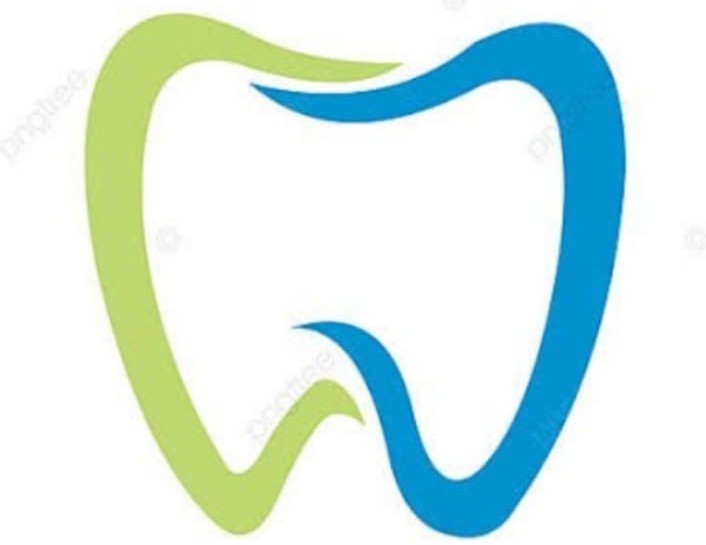What Is Cleft Lip and Palate?
Cleft lip and palate are birth conditions. They happen when a baby’s lip or mouth does not form fully during pregnancy. As a result, there is an opening or split in the upper lip, the roof of the mouth, or both. This condition can affect one or both sides of the mouth. Many children with cleft lip and palate need special care. Early dental support is important for their health and well-being.
Common Symptoms and Challenges
Children with cleft lip and palate may face several symptoms and challenges. For example, they might have:
Because of these challenges, regular dental care is very important. With the right support, children can enjoy better health and confidence.
Causes and Risk Factors
There are several causes and risk factors for cleft lip and palate. Sometimes, the exact cause is unknown. However, some common factors include:
Although not all cases can be prevented, healthy habits during pregnancy may lower the risk.
How Dentists Support Cleft Lip and Palate Care
Dentists play a key role in cleft lip and palate care. First, they help with early diagnosis. Next, they work with other doctors to plan treatment. Dentists also perform important dental procedures. For example, they may:
In addition, dentists provide ongoing care. They check for cavities, gum disease, and other problems. With regular visits, children can keep their mouths healthy.
Importance of Early Dental Intervention
Early dental care is very important for children with cleft lip and palate. When dentists get involved early, they can:
Because early action leads to better outcomes, families should see a dental specialist as soon as possible.
Preventive Dental Care and Oral Hygiene Tips
Good oral hygiene helps prevent many problems. Children with cleft lip and palate need extra care. Here are some helpful tips:
Because these steps lower the risk of cavities and gum disease, they are very important for every child.
Multidisciplinary Team Approach
Care for cleft lip and palate often needs a team. Dentists work closely with surgeons, speech therapists, and other experts. Together, they plan surgeries, dental treatments, and speech therapy. This team approach gives children the best chance for a healthy, happy life.
Latest Advances in Dental Care for Cleft Lip and Palate
Dental care for cleft lip and palate is always improving. New tools and treatments help children heal faster and look better. For example, 3D imaging helps dentists plan treatments more accurately. Special dental implants can replace missing teeth. In addition, new braces and aligners make it easier to straighten teeth. Because of these advances, children can enjoy better smiles and better health.
Conclusion
Cleft lip and palate care needs a strong dental team. Early and regular dental visits help prevent problems and support healthy growth. If your child has a cleft lip or palate, consult a dental specialist for personalized cleft lip and palate care.

